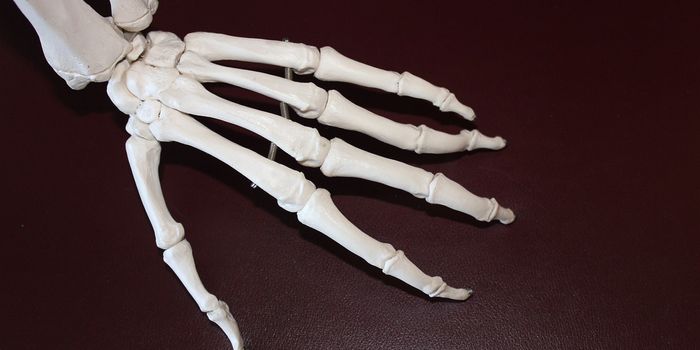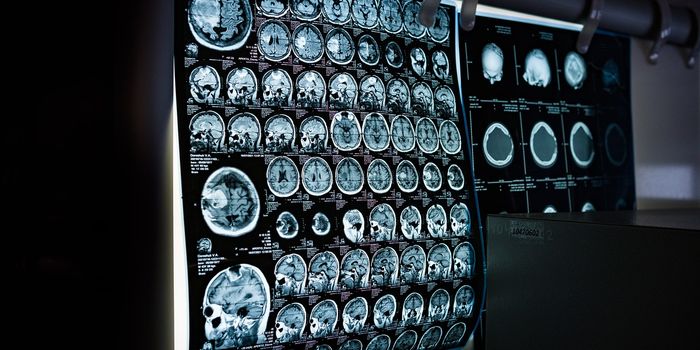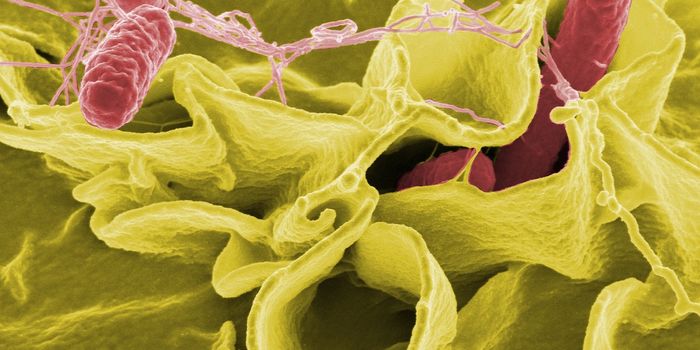Double Whammy Cytokine Hit Stops Transplant Side Effects
Patients who receive bone marrow or stem cell transplants are offered the gift of a new lease of life. However, sometimes the body rejects this gift with potentially catastrophic consequences. A study by researchers at UC Davis Health describes a potential antidote to this phenomenon of graft-versus-host disease (GvHD).
Blocking the activity of two inflammatory cytokines (IL-6 and TNF) offered superior protection against GvHD compared to existing clinical approaches to resist the condition.
In GvHD, residual donor immune cells within the donated tissue recognize the host's tissue as foreign, launching a relentless attack against the recipient's organs. This immune cell activation unleashes a cytokine storm, a hyperinflammatory state which can have potentially lethal consequences in the recipient of the donor tissue. These side effects are of particular concern to cancer patients and those with certain blood disorders who routinely receive bone marrow transplant therapies. For these patients, the constant threat of GvHD significantly limits the therapeutic benefit of these transplants.
A research team led by William Murphy honed in on IL-6 and TNF as potential targets for disarming the effects of GvHD. According to the researchers, prior efforts to 'switch off' these cytokines to prevent GvHD were a flop, potentially because only one cytokine was inactivated at a time.
Murphy's team hypothesized that by simultaneously blocking both cytokines, they would keep GvHD at bay more effectively. In their study, the team found that this approach proved to shield against acute GvHD and mortality in patients who received stem cell transplants.
The results of this study offer much-needed insights on novel approaches to treating other inflammatory diseases, such as severe COVID-19 infections.
"The increased efficacy of combined blockade suggests that this approach to treating diseases caused by inflammation may have greater benefit in other clinical settings," said Murphy.









